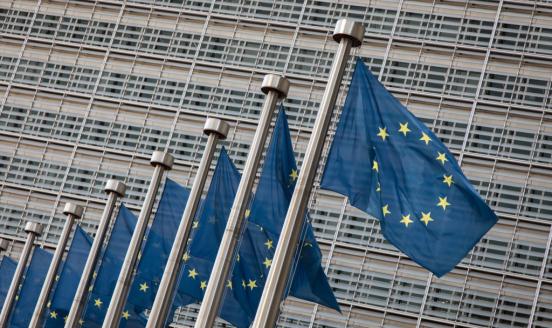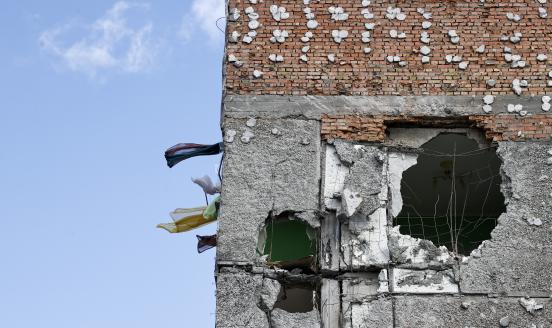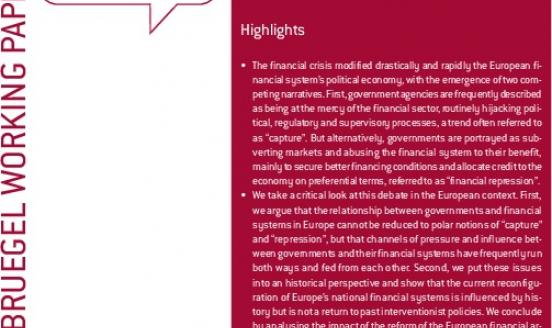Is Europe sliding into a double-dip recession? - Focus on the long term
It is difficult now to see how Europe and the euro area in particular could avoid at least two consecutive quarters of negative growth in 2012 (possibly starting in the fourth quarter of this year) and hence a “double dip.” The more troubling fact is that this is likely to be followed by a relatively long period of slow growth as most European economies continue to draw down their public and private-sector debt, which is likely to fuel unemployment.
There are a number of concerning developments. First and foremost, the sovereign debt crisis is dragging on — and slowly reaching the core of the euro area. This will force national governments to retrench further, sometimes making long-overdue structural reforms but also sometimes cutting blindly into their expenditures and social safety nets.
A double dip would be painful, but a prolonged period of slow growth afterward could be even worse.
Second, the banking crisis is also deepening as very little has been done over the last three years to address it. It is now crystallising and forcing European banks to raise capital rapidly and to shrink their balance sheets, setting in motion a credit crisis that will not only affect European businesses and consumers but that is also likely to weigh on international trade and global infrastructure financing, in which European banks are very involved.
What is striking nonetheless is that from a pure macroeconomic standpoint, the euro area is in a relatively better shape than other advanced economies — unequivocally better than the U.S., Britain and Japan. If we look beyond short-term cyclical developments, the real question is whether Europeans will eventually find a political resolution to their crises in order to avert fragmentation and whether these moments of hardship will, in the end, impair Europe’s potential growth.
There are some signs of hope. The process of resolving the crisis is slow and erratic, but it is progressing. Despite contagion and acute pressure, there is enough political will to prevent disruptive events like a break-up of the euro zone or a hard and disorderly sovereign default. A few elements of the crisis response seem to be coming together. In the next few weeks, the European Central Bank will certainly come to play a greater role and ease financing conditions, under the cover of providing leverage to the European Financial Stability Facility and liquidity to its banks. European governments will finally set in a motion a far-reaching recapitalization of their banks. And the G-20 will seek to bolster the resources of the International Monetary Fund, allowing it to play a bigger role in Europe for countries that require extra financing as a precaution. Finally, European leaders will sooner or later start the discussions on a treaty change to create the type of economic governance architecture that will allow some form of fiscal federalism.
The changes that Europe is enacting, in an extraordinarily short period of time, will eventually improve its economic governance and make its single market more effective and its labor force more competitive. But this process depends on the ability of European leaders to see through this economic crisis, safeguard the essential benefits of the welfare state and the European Union, and use the crisis as a stepping stone to reinvent Europe. This is a tall challenge, but one that can be met.
A version of this op-ed was also published in the NY Times


